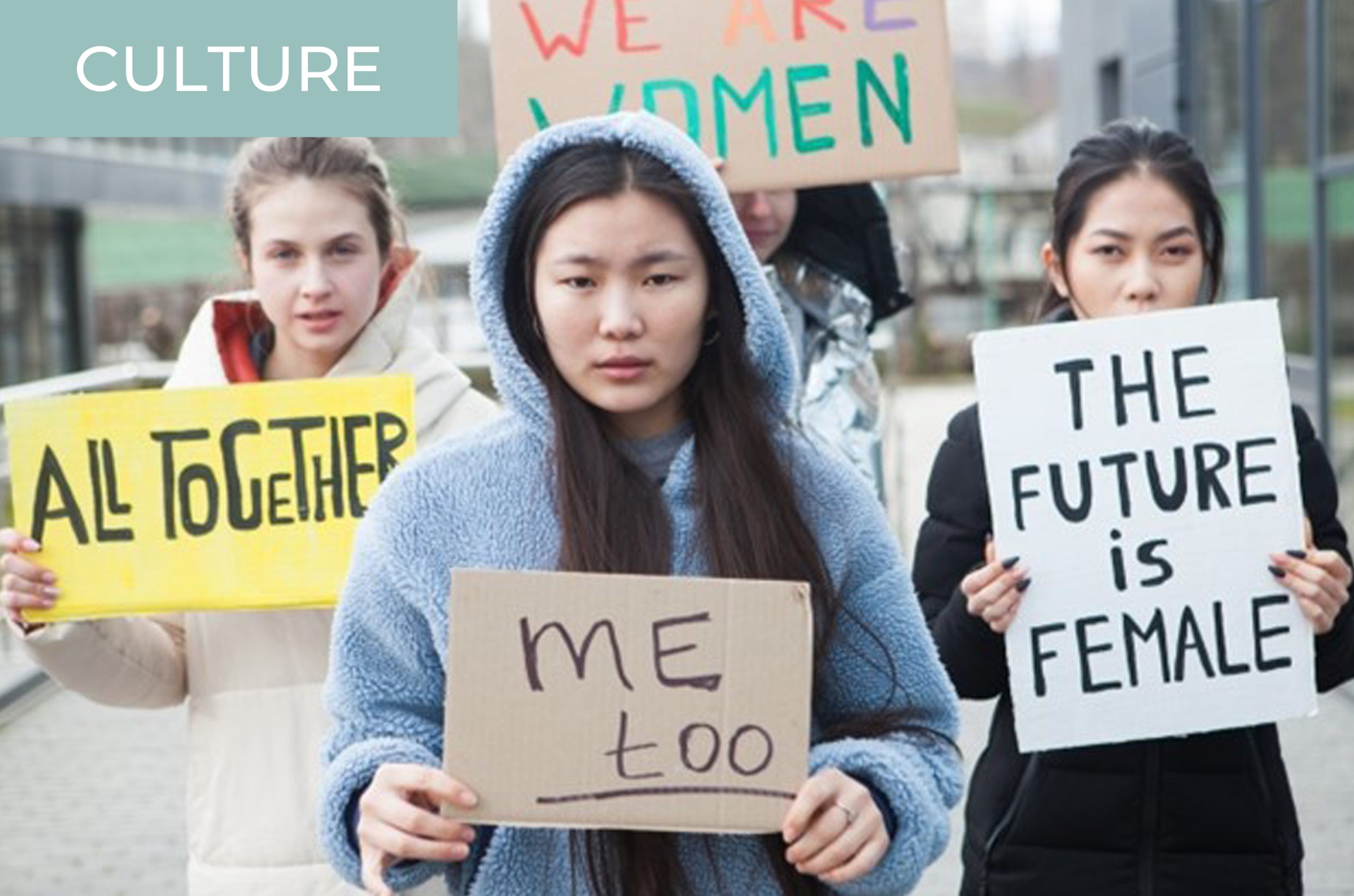Japan Lifts Ban on Contraceptives: A Milestone in Women’s Reproductive Health
Introduction
Japan has recently lifted the ban on contraceptives, marking a milestone in women’s reproductive health. This move comes after Japan had maintained a strict ban on contraceptives until the 1990s, which had a significant impact on women’s reproductive health. Before the lifting of the ban, low usage of contraceptives was prevalent, and women often relied on traditional methods, leading to unintended pregnancies and unsafe abortions. There were also myths and misconceptions surrounding contraceptives, which were heavily influenced by religious and cultural beliefs, lack of education and awareness, and negative portrayal by the media. This recent lifting of the ban is a significant step towards promoting women’s reproductive health and gender equality in Japan. It will prevent unintended pregnancies, reduce maternal and infant mortality rates, and provide accessibility to contraceptives. However, there are still challenges and opportunities for further improvement, such as addressing cultural and societal attitudes towards contraceptives, providing comprehensive sex education, and ensuring affordability and accessibility. The lifting of the contraceptive ban marks a significant milestone in promoting women’s reproductive health in Japan, but there is a need for continuous efforts towards improving it.

The state of women’s reproductive health in Japan before the lifting of the ban
Japan has long been known for its conservative attitudes towards reproductive health, particularly with regards to contraceptives. Prior to the lifting of the ban, the usage of contraceptives was relatively low, with many women relying on traditional methods such as the rhythm method and the withdrawal method. This led to a high rate of unintended pregnancies, unsafe abortions, and maternal and infant mortality. The impact of these issues on women’s health cannot be understated. Unintended pregnancies can have a devastating effect on a woman’s physical and mental health, as well as her career and personal life.
Unsafe abortions, which often result from limited access to safe and effective contraceptives, can lead to serious complications and even death. Additionally, maternal and infant mortality rates in Japan were higher than many other developed countries, due in part to the lack of access to reproductive healthcare, including contraceptives. The lifting of the contraceptive ban is therefore a significant milestone for women’s reproductive health in Japan, as it provides greater access to safe and effective contraceptives, and increases the overall awareness and understanding of reproductive health issues. However, there is still much work to be done to address the cultural and societal attitudes towards contraceptives, as well as to provide comprehensive sex education and ensure affordability and accessibility of contraceptives for all women.
Myths and misconceptions about contraceptives in Japan
When it comes to contraceptives, Japan has had its fair share of myths and misconceptions. For starters, religious beliefs have played a significant role in shaping attitudes towards birth control. Some view contraception as a sin, with traditionalists advocating for large families as a sign of prosperity and divine favour. The general lack of education and awareness on the benefits of contraception has not helped either. Many Japanese women rely on outdated and often ineffective methods, such as the rhythm method or withdrawal. This has resulted in higher rates of unintended pregnancies and unsafe abortions. The media has not done much to change the narrative either. In Japan, contraceptives have often been portrayed negatively, with stories of side effects and risks overshadowing their benefits. It is no wonder that many women have remained hesitant to use them. However, with the recent lifting of the contraceptive ban, there is hope that more Japanese women will embrace modern methods of birth control. Increased education and awareness campaigns can help dispel myths and misinformation. Moreover, promoting gender equality can also encourage men to take a more active role in family planning. While there is still work to be done, the future looks bright for women’s reproductive health in Japan.

The benefits of using contraceptives
Let’s talk about the benefits of using contraceptives. First and foremost, they help in preventing unintended pregnancies, giving women more control over their reproductive health choices. This, in turn, can lead to a significant reduction in maternal and infant mortality rates, which is a crucial aspect of women’s health. Not to mention, contraceptives also promote gender equality by giving women the ability to plan their lives and careers without compromising on their health. But wait, there’s more! By using contraceptives, women can also reduce their risk of contracting sexually transmitted infections (STIs) and avoid the stress and financial burden of an unplanned pregnancy. Plus, it’s a great way to maintain the health of your reproductive system in general. With the recent lifting of the contraceptive ban in Japan, it’s more important than ever for women to have access to these life-saving tools. It’s not just about preventing pregnancy, it’s about empowering women to take control of their lives and health. We have come a long way, but there is still so much work to be done to ensure that everyone has access to the resources they need to ensure their reproductive health.
The impact of the lifting of the ban on women's reproductive health in Japan
Japan has recently lifted a ban on contraceptives, and the impact on women’s reproductive health is already being felt. The increased accessibility to contraceptives has led to a reduction in unintended pregnancies and unsafe abortions, which is a significant milestone in women’s reproductive health. With the lifting of the ban, women now have the freedom to make informed choices about their reproductive health. Moreover, the improvement in overall reproductive health is another key benefit. With greater access to contraceptives, women can now plan their pregnancies and ensure that they have the necessary resources and support before they have children. This, in turn, leads to healthier mothers and babies and reduces the burden on the healthcare system. However, there are still challenges that need to be addressed. While the lifting of the ban is a positive step forward, cultural and societal attitudes towards contraceptives remain a hurdle. Providing comprehensive sex education and ensuring the affordability and accessibility of contraceptives are key areas that need further improvement. In conclusion, the lifting of the contraceptive ban in Japan is a significant milestone that has led to increased accessibility and improved reproductive health. But there is still work that needs to be done. With continued efforts towards education, awareness, and accessibility, we can further improve women’s reproductive health in Japan and around the world.
Challenges and opportunities for further improvement
Ah, Japan – home to anime, sushi, and a strict ban on contraceptives…or at least it was until recently. While the lifting of the ban is a huge win for women’s reproductive health, there are still some challenges and opportunities for improvement that need to be addressed. Firstly, cultural and societal attitudes towards contraceptives need to be addressed. Contraceptives have long been a taboo subject in Japan, with many women feeling ashamed or embarrassed to use them. It’s important to break down these barriers and promote the idea that using contraceptives is a responsible and empowering choice. Secondly, comprehensive sex education is key. Many Japanese schools still only offer minimal sex education, leaving many young people without the knowledge they need to make informed choices about their sexual health.
By providing comprehensive sex education, we can help young people feel more confident and empowered when it comes to their bodies and their choices. Finally, we need to ensure that contraceptives are not only affordable but also accessible to all. While the lifting of the ban will certainly help in this regard, we must make sure that all women have access to the contraceptives they need, regardless of their financial situation or location. In conclusion, while the lifting of the contraceptive ban is certainly a milestone for women’s reproductive health in Japan, there is still much work to be done. By addressing cultural and societal attitudes, providing comprehensive sex education, and ensuring affordability and accessibility of contraceptives, we can continue to make strides towards a safer and more equitable future.
Conclusion
So, Japan has finally lifted its ban on contraceptives, which means women can now have control over their bodies. This is a significant milestone in women’s reproductive health, but it’s just the beginning. Continued efforts are needed to ensure comprehensive education, affordability, and accessibility of contraceptives. Let’s celebrate this win, but also keep pushing for more progress. Because every woman deserves the right to make informed choices about her own body.



